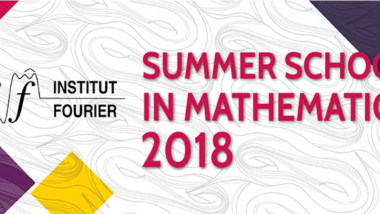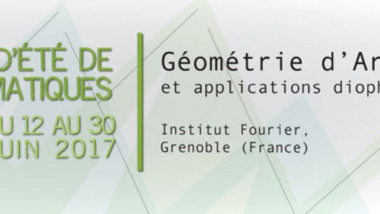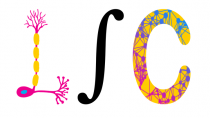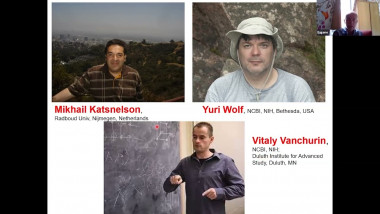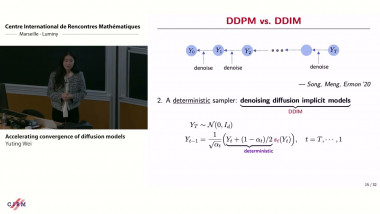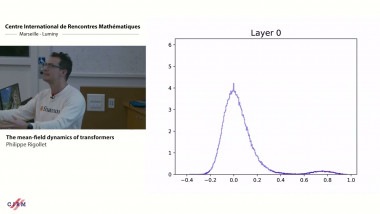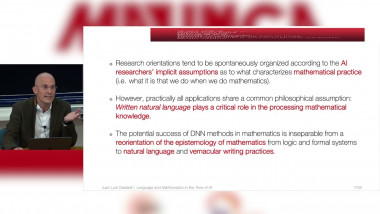Developmental AI: machines that learn like children
Current approaches to Al and machine learning are still fundamentally limited in comparison with the amazing learning capabilities of children. What is remarkable is not that some children become world champions in certain games or specialties: it is rather their autonomy, open-endedness, flexibility and efficiency at learning many everyday skills under strongly limited resources of time, computation and energy. And they do not need the intervention of an engineer for each new task (e.g. they do not need someone to provide a new task specific reward function or representation).
I will present a research program, which I call Developmental Al, that studies models of open-ended development and learning. These models are used as tools to help us understand better how children learn, as well as to build machines that learn like children with applications in educational technologies and assisted scientific discovery.
I will ground this research program into several fundamental ideas proposed by developmental psychologists:
1) the chiId is autotelic, setting its own goals, spontaneously exploring the world like a curious little scientist while self-organizing it learning curriculum (e.g. Piaget, Berlyne);
2) intelligence develops in a social context, where language and culture are internalized to become cognitive tools (e.g. Vygostky and Bruner);
3) intelligence is embodied and develops through self-organization of the dynamical system formed by the brain-body-environment interactions (e.g. Thelen and Smith).
I will show how, together with many colleagues and students, we have worked on operationalizing these ideas in computer and robotic models. I will expiain how this has enabled to advance chiId development understanding and is now opening new possibilities for Al systems. ln particular, I will review our recent work on:
-- Autotelic deep reinforcement learning, where agents learn to represent and sample their own goals towards open-ended learning
-- The learning progress hypothesis, enabling efficient automatic curriculum learning in machines and humans
-- Self-organization of developmental trajectories replicating fundamental dynamics of human sensorimotor learning
-- Vygotskian Al, with the IMAGINE system where deep RL agents leverage language as a cognitive tool for creative exploration.
